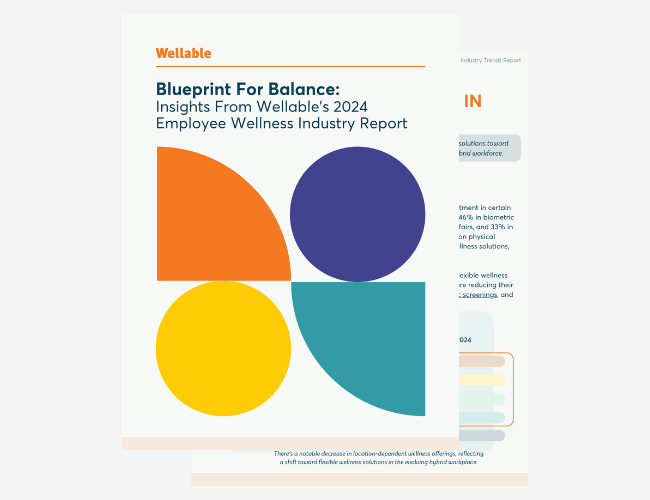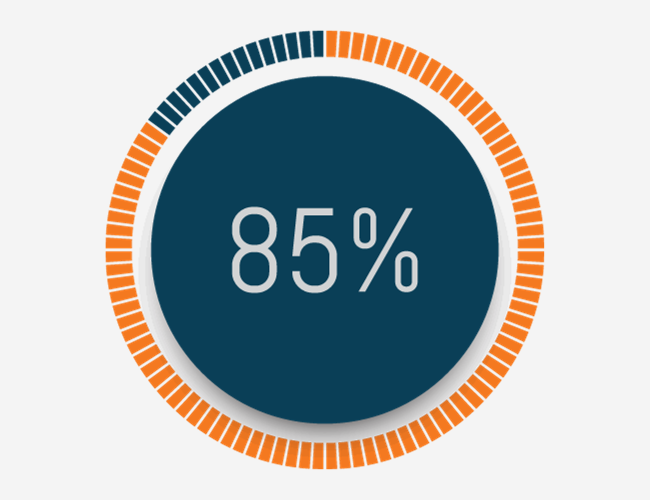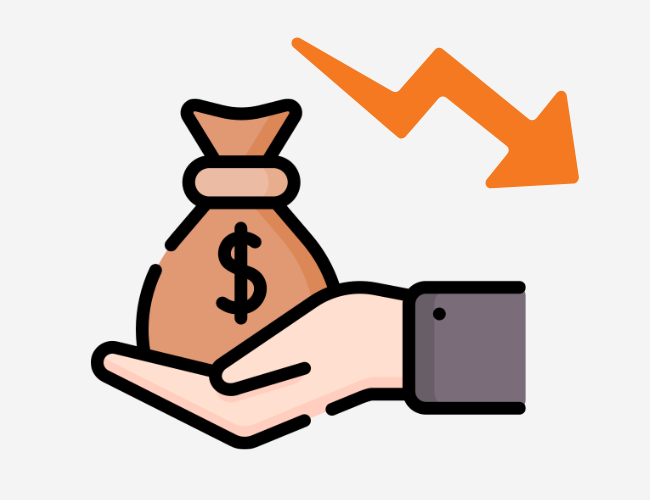A new study from the Perelman School of Medicine at the University of Pennsylvania shows that financial incentives do not encourage obese employees to lose weight. Although many employers provide financial incentives in the form of premium differentials for weight loss, this research and others like it show that these programs are largely ineffective. It is a lofty expectation to believe that research like this will lead to a reduction in these types of programs, but one can hope.

Participants in the study were enrolled in workplace wellness programs and given a 5% weight-loss goal. They were randomly assigned to a control group with no financial incentive to lose weight or to one of three programs each offering a weight-loss incentive valued at $550. Two of the programs with incentives offered health insurance premium reductions, and the third featured participation in a daily lottery. After 12 months, no significant changes in average weight loss were observed among any of the four groups.
According to Dr. Mitesh Patel, an assistant professor of medicine and health care management, “More than 80% of large employers use financial incentives for health promotion. Many use health insurance premium adjustments, but these incentives are often delayed and, even when they aren’t, they are typically hidden in paychecks along with other deductions and payments.” The researchers said the findings suggest that employers should consider testing alternatives to the $550 premium-based incentives used in this study.
Delayed incentives like premium differentials go against the philosophy of rewarding individuals immediately for healthy behaviors in order to promote those lifestyle choices over others. We are strong believers in BJ Fogg’s research of tiny habits and rewarding employees frequently and immediately for positive behavior change. Having incentives that are very delayed from the time certain behaviors are completed does little to reinforce those behaviors. Also, hiding the rewards on a check stub through premium differentials doesn’t help associate the reward with good behaviors.












